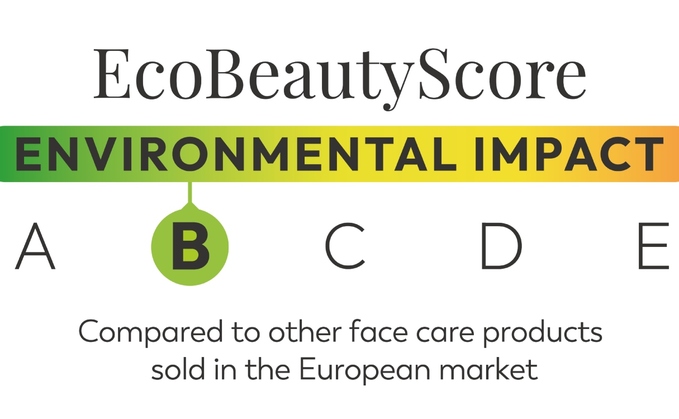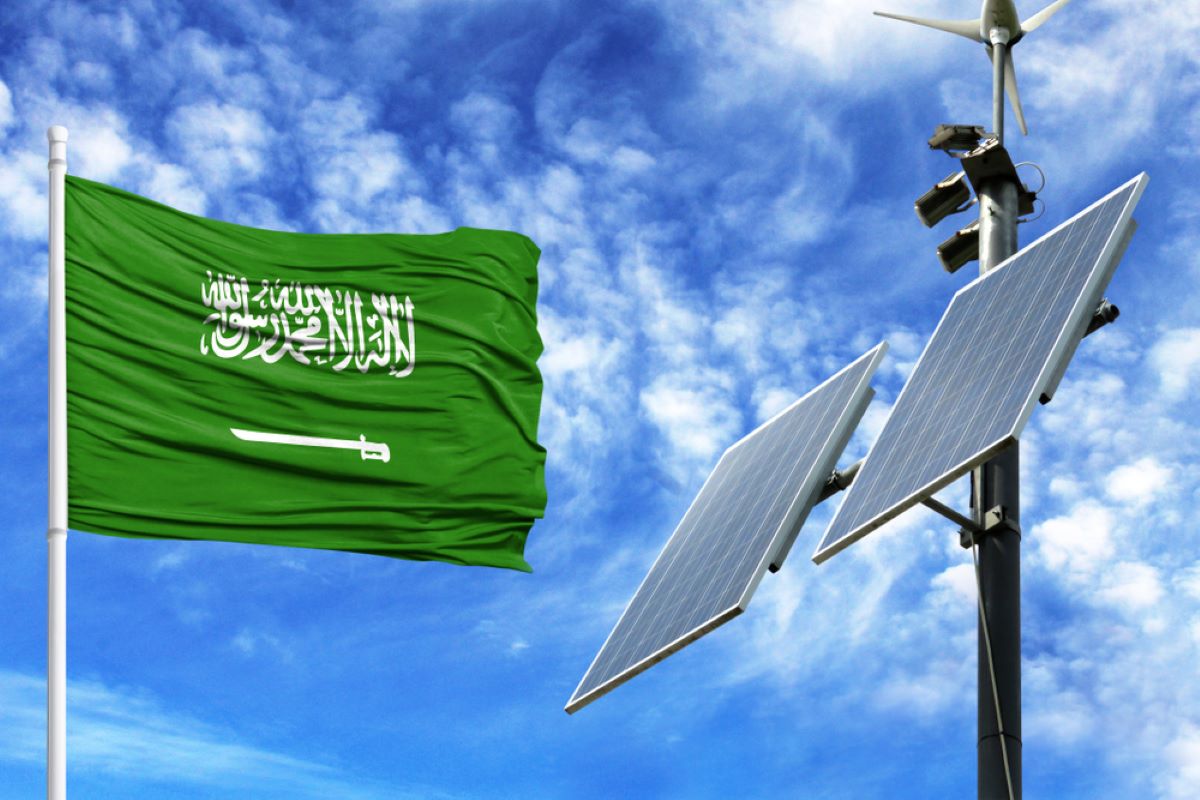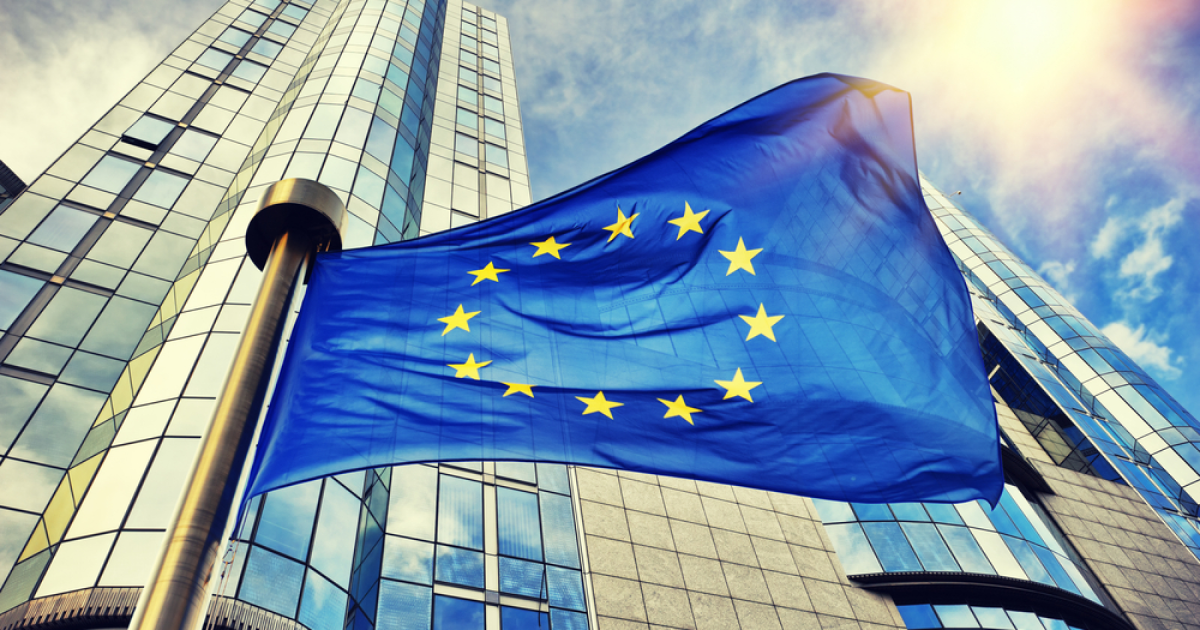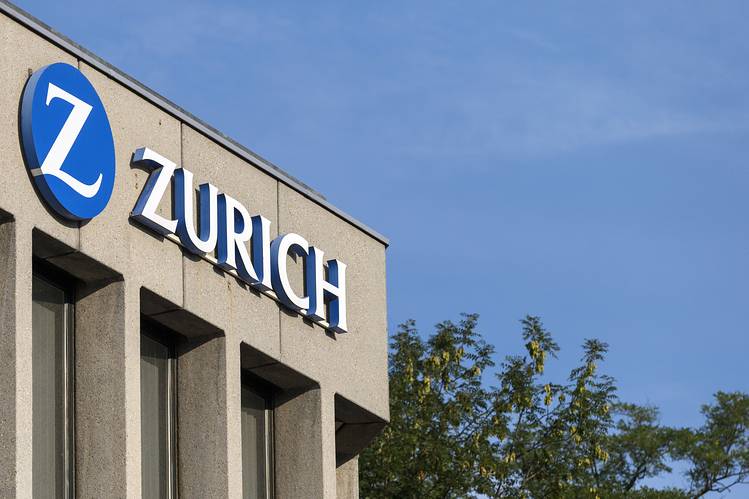EU Parliament Adopts New Rules To Boost Energy Savings
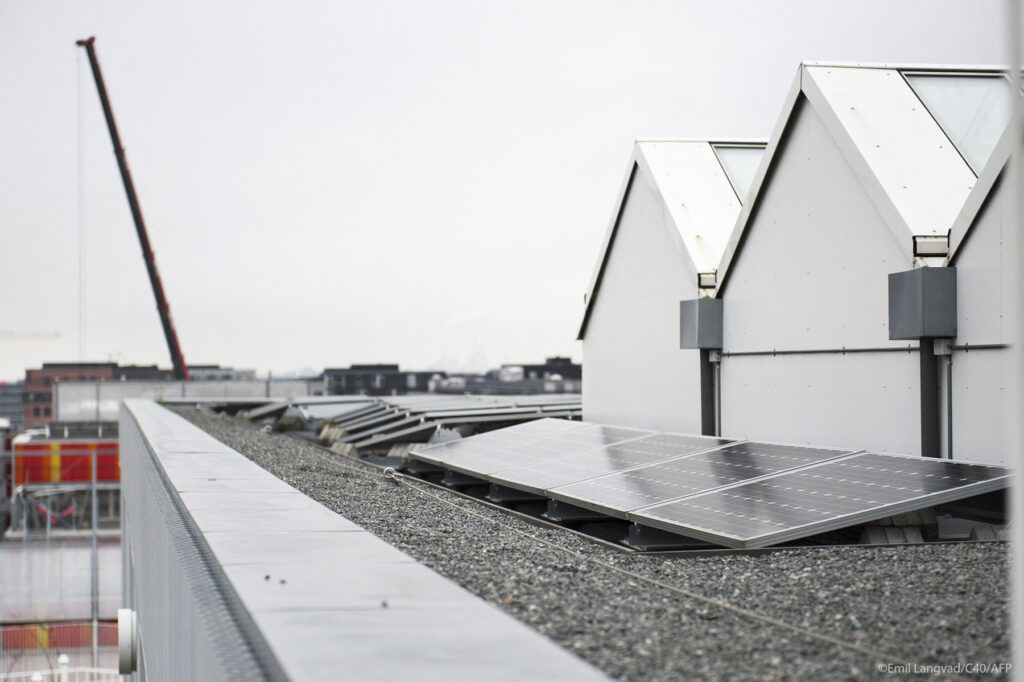
|
Listen to this story:
|
- Energy efficiency directive sets new savings targets for 2030
- 11,7% reduction in energy consumption at EU level
- New law will help fight climate change and boost energy security
MEPs approved plans, already agreed with Council, that set new energy saving targets for 2030, as part of the European Green Deal.
The law will set energy-saving targets in both primary and final energy consumption in the EU.
Member states will have to collectively ensure a reduction in energy consumption of at least 11.7% at EU level by 2030 (compared to the projections of the 2020 Reference Scenario). A robust monitoring and enforcement mechanism will accompany this objective to make sure member states deliver on their national contributions to this binding EU target.
By 2030, member states need to save on average 1.5% per year. The annual energy savings will begin with 1.3% in the period until the end of 2025, and will progressively reach 1.9% in the last period up to the end of 2030.
See related article: EU Parliament Adopts Position to Improve Air Quality in the EU to Create a Cleaner and Healthier Environment
The saving targets should be met through local, regional and national measures, in different sectors – e.g. public administration, buildings, businesses, data centres, etc. MEPs insisted that the scheme should in particular cover the public sector, which will have to reduce its final energy consumption by 1.9% each year. Member states should also ensure that at least 3% of public buildings are renovated each year into nearly-zero energy buildings or zero-emission buildings. The directive also establishes new requirements for efficient district heating systems.
Quote
Rapporteur Niels Fuglsang (S&D, DK), said: “The energy crisis is not over. There is no guarantee that the next winters will be as mild as the last one. In the next seven years, we have to deliver the needed structural changes. I am very happy that we succeeded in pushing member states towards far more ambitious energy efficiency targets. This is crucial so that we no longer depend on Russian energy in the future, and can meet our climate targets. Today’s vote is a great victory; it is not only good for our climate, but bad for Putin.”


